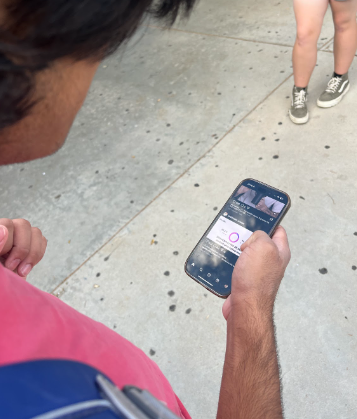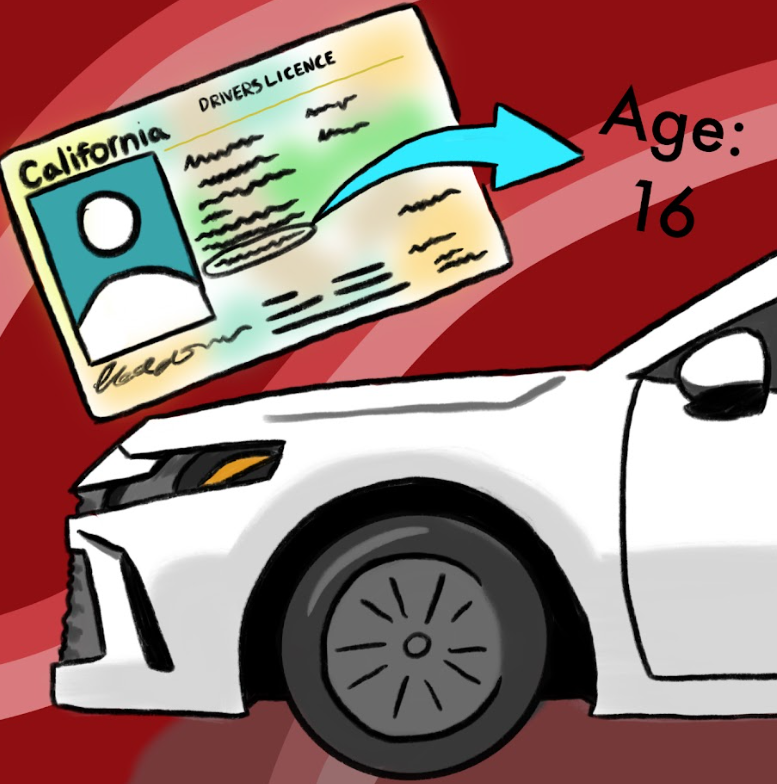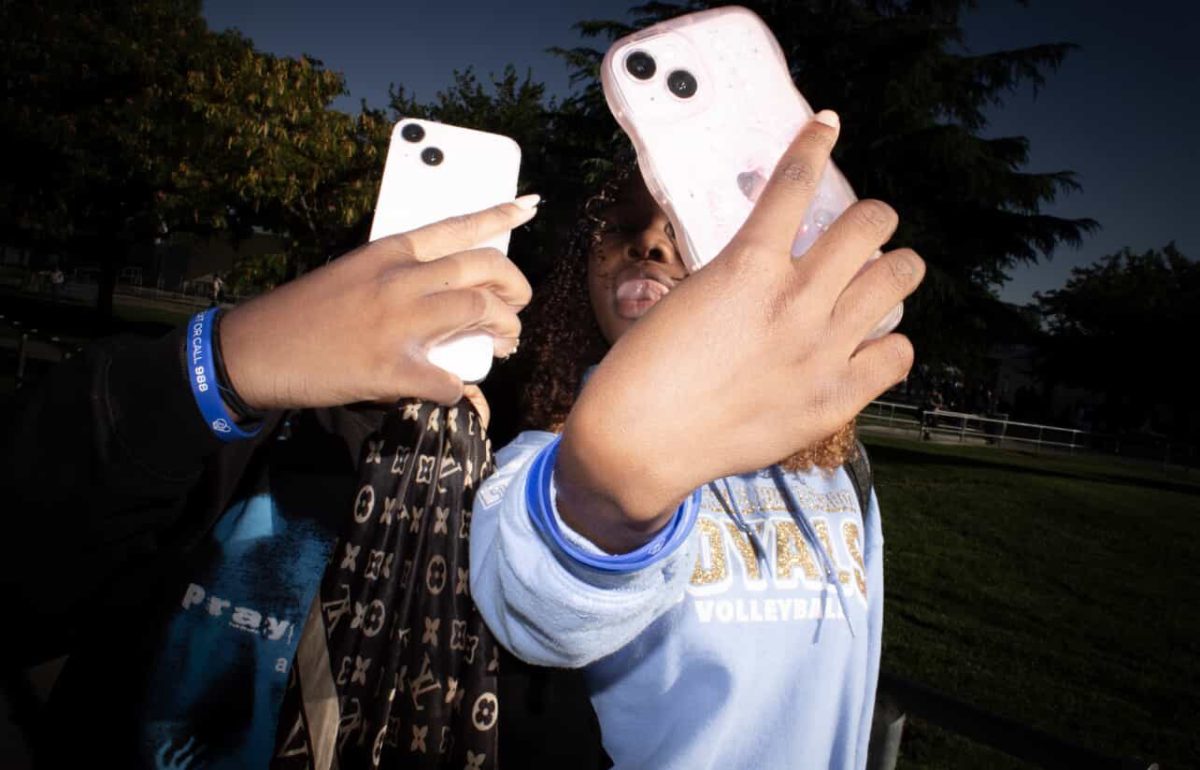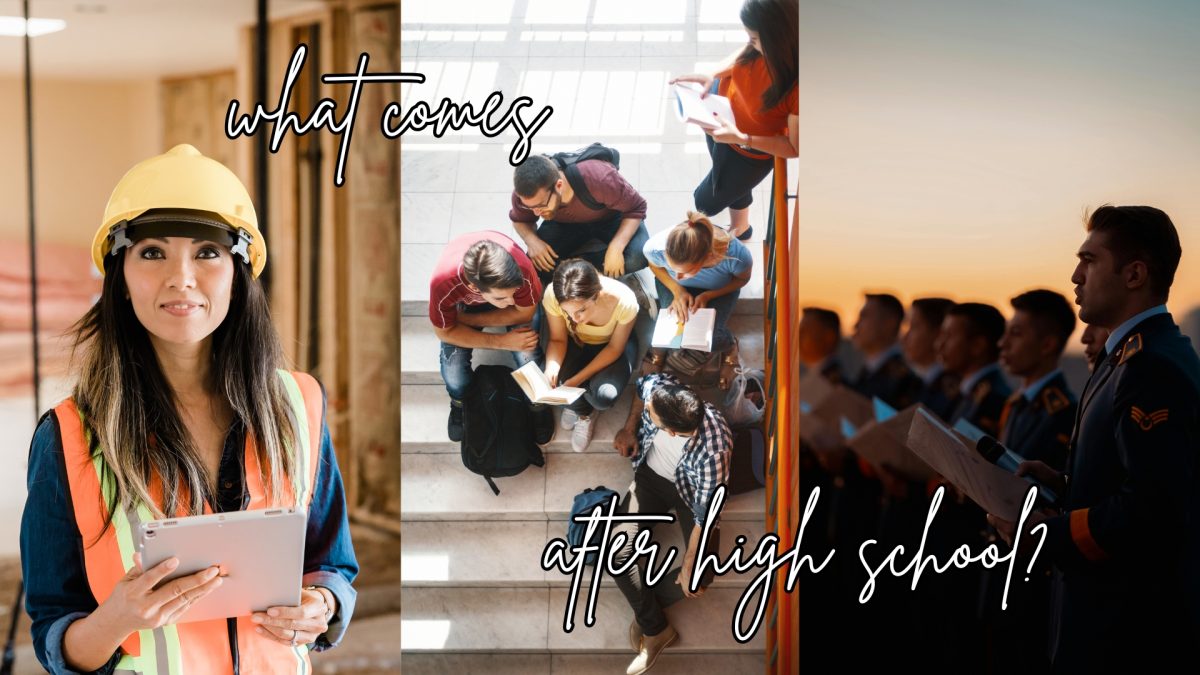On Wednesday, August 28, 2024, California Legislatures passed a bill requiring most schools to ban or restrict cell phone usage during school hours. Also large numbers of schools put students’ phones into pouches before school.
Many parents and students have concerns about the safety, learning environments, and communication with the school, and they will be moving towards a stricter school environment for students.
Cell phones are beneficial in a student’s learning environment, but they can discourage students from focusing in a school environment.
Fortunately, teachers and students are slowly converting to a no-cellphone policy, with teachers agreeing that students should learn instead of worrying about what is happening to other students outside of class.
English teacher Ms. Wendy Armstrong is one of these teachers, advocating for cell phones to be removed from the classroom and encouraging students to engage in activities amongst their peers and friends. She states, “They [cellphones] are more of a problem than they are a benefit, and schools that have banned them have seen improvements to academics, test scores, less anxiety, depression, fewer issues at school with fighting, just general problems in school, distractions… I only see it as a benefit, and that’s only what they would find in schools that have done it.”
Cell phones have not only shown less cognitive development in education but also how students develop mental health issues that come with being on a cell phone. Constantly looking at a screen for minutes or hours can make us forget what we truly need or want to do, discouraging students from developing creative mindsets and healthy lifestyles.
Not only do cell phones cause multiple mental health issues and distractions, but they also may place students in threatening situations in greater danger.
Student Ambree Ausby thinks cell phones in the classroom do not improve learning and are typically used only during personal time. Ambree agrees that “I feel like they have a negative impact, cause when people have their phones they don’t pay attention; I’m one of those people, where if I have my phone out, I’d mainly be focusing on who texted me or if a game updated.”
Mental health has long-term effects on most students’ learning; especially when we are stressed or dealing with a lot online, we tend to feel that workloads are too much when learning shouldn’t be a hassle. Learning should be fun, not something that we dread doing every day of our lives.
Most students should be focusing on their learning environment. Cell phones also contribute to cyberbullying, and most school shooter threats come from students and cell phones. They are creating threats to individual students and distracting students from paying attention to the threat occurring in front of them.
As a student, I struggle with distractions in the classroom. With the rise of technology, it’s harder to ignore people’s constant communication, and with technology extensively developed in our education, such as our online AP tests, we find it hard to stray from technology.
Technology is part of our everyday lives, but it should not mean we choose to scroll on Instagram over learning what should be in front of us: our futures. Students, even in college classes, have so much ahead of them, and that’s what’s essential: students’ education.










